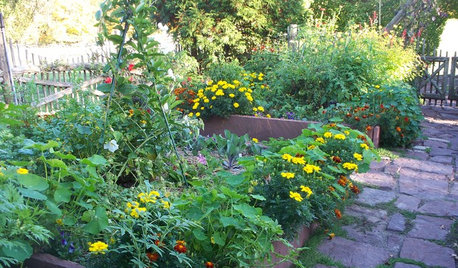What Rotenone To Use to Control Pumpkin Vine Borers?
achang89
9 years ago
Related Stories

GARDENING GUIDESOrganic Matters: Thwart Insect Pests With Trap Crops
Add a few sacrificial plants to your garden to lure insects away from the harvest
Full StoryMore Discussions








theforgottenone1013 (SE MI zone 5b/6a)
gardengal48 (PNW Z8/9)
Related Professionals
New Bedford Landscape Architects & Landscape Designers · Hershey Landscape Architects & Landscape Designers · White Oak Landscape Architects & Landscape Designers · Billerica Landscape Contractors · Stamford Landscape Contractors · Stoughton Landscape Contractors · Bergenfield Landscape Contractors · Fair Lawn Landscape Contractors · Fruit Heights Landscape Contractors · Oxnard Landscape Contractors · West Covina Landscape Contractors · New Carrollton Landscape Contractors · East Norriton Landscape Contractors · Berkeley Driveway Installation & Maintenance · Deer Park Driveway Installation & MaintenanceChristian
RedSun (Zone 6, NJ)
daninthedirt (USDA 9a, HZ9, CentTX, Sunset z30, Cfa)
leo42749
Slimy_Okra
jonfrum
fusion_power